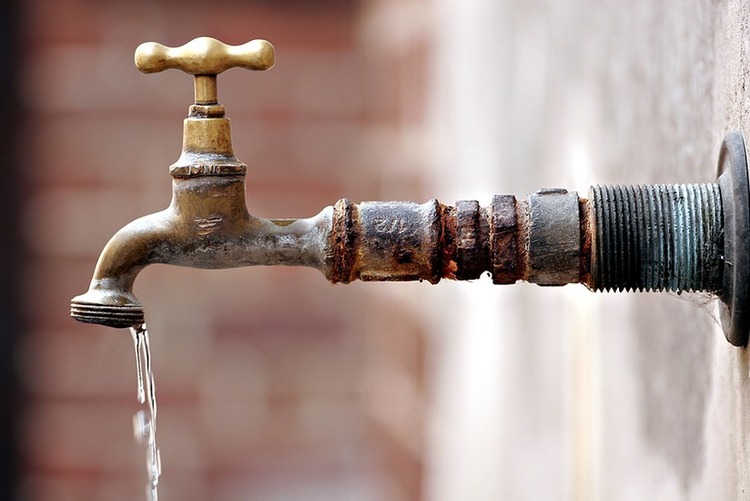
By NQOBANI NDLOVU/PATRICIA SIBANDA
A PUMP breakdown at the Bulawayo waterworks has seen the city’s water pumping capacity dropping by over 100 megalitres (ML), piling more woes on residents.
The Bulawayo water shortage has forced residents to rely on unsafe water sources with city fathers saying they are praying for the rains to improve the situation.
“At present, the Ncema waterworks had the capacity to pump a maximum of 25ML to 30ML/day clear water out of the expected 80ML due to the non-functionality of some filter beds and 50ML to 60ML/day out of the expected 140ML/day of raw water,” the council’s latest report of the future water supplies and water action committee read.
“On the other hand, Fernhill had a maximum capacity of pumping 52ML out of 70ML/day clear water with 4 out of 7 pumps functional.”
Council denies it is to blame for failing to meet the needs of residents, but instead continuously blames thefts and power outages, among others.
The council is also failing to supply water through its bowsers to help alleviate the problem.
“Of course, we know that Bulawayo receives minimal rainfall, but poor planning and misplaced priorities on the part of council has accelerated the adverse effects of climate change hence the situation we face,” BPRA co-ordinator Emmanuel Ndlovu commented.
- Chamisa under fire over US$120K donation
- Mavhunga puts DeMbare into Chibuku quarterfinals
- Pension funds bet on Cabora Bassa oilfields
- Councils defy govt fire tender directive
Keep Reading
Council has been pleading for declaration of the city as a water crisis area to give the local authority leeway to mobilise resources to implement strategies to solve the water crisis.
However, the government argues the city has enough water to last the city till next year. Government consultants blame council for lack of technical capacity to draw water from the city’s dams.
Meanwhile, three non-governmental organisations namely the World Vision Zimbabwe (WVZ), Africa Head (AF) and Zimbabwe Orphans Hands Extended (ZOE) have moved in to ease the crisis by sinking boreholes and installing water kiosks.
This was revealed on Thursday during a tour of the projects when Start Fund water projects which have been implemented to address the water crisis in the city were handed over to the city council.
The projects are mainly in the western suburbs that include Luveve, Gwabalanda, Cowdray Park, Magwegwe, Mabuthweni, Mpopoma, Sizinda, Tshabalala and Old Pumula. They also include schools and other governmental institutions.
Acting mayor Sikhululekile Moyo said the city’s dam levels were at 22,5% of their holding capacity.
“The City of Bulawayo dams are currently at 22, 5%and have been deteriorating for the three rainy seasons due to poor rainfalls. The water levels have led to a number of high lying areas in the city receiving water once a week or not at all. As a city we continue to call on various partners to come on board and help alleviate challenges we continue to face,” she said.
She said the council appreciates the frantic efforts by the government to rehabilitate the aquifer found north-west of the city.
“We appreciate the role that they have played in the water augmentation projects at Nyamandlovu Rochester and Epping Forest. The city of Bulawayo appreciates the partnership with WVZ, AH and ZOE which led to the implementation of a water and sanitation emergency project in the needy communities and in health and educational institutions in the city,” Moyo said.
“The city appreciates these gestures that will ensure that schools have adequate water supply during this water shortage period as the focus of the project was mostly on schools and community institutions.”
Moyo also urged residents to stop destroying municipal infrastructure as this leads to the council meeting unnecessary costs.











